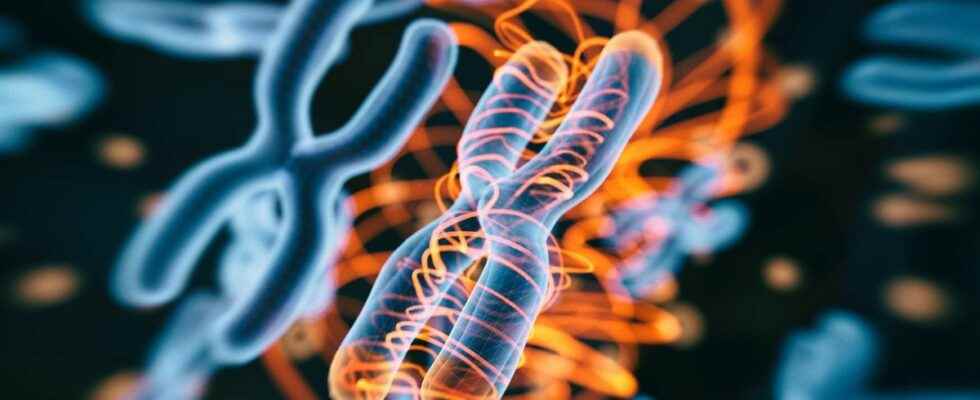Posted ,
Reading 2 mins.
Led by a team from the University of Cambridge, this work has made it possible to study the genome of more than 12,000 patients affected by cancer. A complete genetic sequencing which allows to better understand the causes of the disease.
British researchers have decided to study the genome of many people affected by cancer, in order to better understand the mechanisms. DNA sequencing is a practice that already exists for certain blood cancers, the aim of the scientists here is to make it more widely available eventually, through the NHS Genomic Medicine Service, a dedicated service. Their work is published in the journal Science.
Discovery of 58 new “mutational signatures”
To achieve this result, the team therefore analyzed the anonymized genomes of 12,222 people. This is how the researchers were able to detect specific combinations of genetic alterations – called “mutational signatures” – which could be the key to the development of cancers.
Their work went even further, as by comparing their data to other international genetic cancer projects, they confirmed previously known patterns and discovered 58 new ones.
Clues to the cause of cancer
Thanks to these “mutational signatures”, the authors of this study explain that they can find clues that indicate whether patients have been exposed to environmental causes of cancer, such as smoking, for example. Other signatures provide more information on genetic abnormalities that may lead tomorrow to the development of specific drugs.
The scientists also developed a computer program to help scientists and doctors check whether their patients, who have undergone whole genome sequencing, possess any of the newly discovered mutational clues. This can help them in the personalization of the treatment of each disease, for each patient.
Consult an oncologist online
More hope against cancer
A discovery that excites Professor Matt Brown, scientific director of Genomics England, a health company that collaborates with the English National Health Service (NHS) and which provided the data to the authors via the “100,000 genomes” project, a project at the scale of England to sequence all the genomes of patients suffering from cancer and rare diseases.
For Professor Brown, “mutational signatures are an example of using the full potential of whole genome sequencing. We hope to use the mutational indices observed in this study and reapply them to our patient population, with the ultimate goal of improving the diagnosis and management of cancer patients.”.
